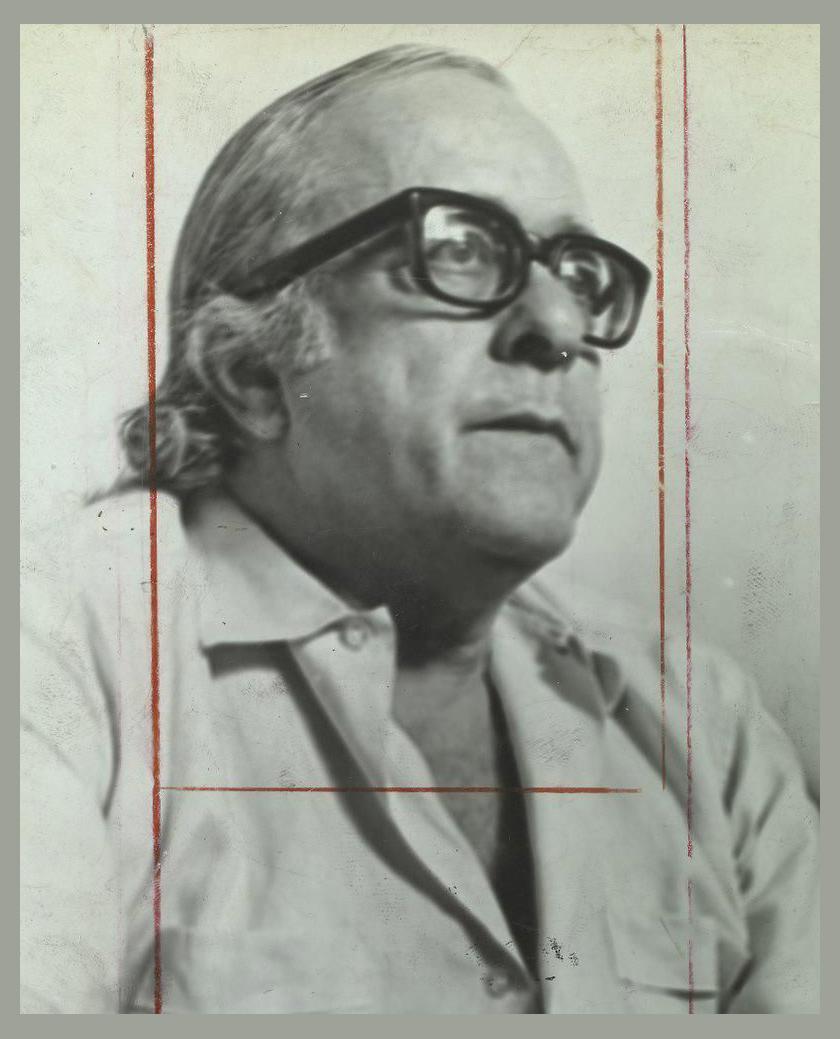 Vinicius de Moraes
Vinicius de Moraes
Vinicius de Moraes: The Master of Brazilian Lyricalism
Vinicius de Moraes, the legendary Brazilian poet, diplomat, playwright, and composer, left an indelible mark on the world of music with his unparalleled lyrical prowess. Known for his enchanting bossa nova melodies and poetic masterpieces, Vinicius's artistry transcended boundaries, captivating audiences worldwide.
The Early Years:
Born in Rio de Janeiro in 1913, Vinicius spent his childhood immersed in the vibrant culture of his hometown. From an early age, he exhibited a keen interest in literature, music, and theater. After graduating from law school, Vinicius embarked on a diplomatic career that took him to several countries, including France and the United States.
The Birth of Bossa Nova:
In the 1950s, Vinicius's collaboration with the legendary guitarist João Gilberto gave birth to the bossa nova movement. This new genre, characterized by its smooth, mellow rhythms and sophisticated harmonies, quickly became a worldwide phenomenon. Vinicius's exquisite lyrics, filled with love, longing, and the beauty of everyday life, played a pivotal role in shaping the distinctive sound of bossa nova.
Soneto de Fidelidade:
Among Vinicius's most iconic compositions is "Soneto de Fidelidade," a timeless sonnet that has been translated into numerous languages. With its poignant lyrics exploring the complexities of love and fidelity, the song became an instant classic, showcasing Vinicius's extraordinary ability to craft words that resonate with the human soul.
Challenges and Controversies:
Despite his artistic brilliance, Vinicius's life was not without its challenges. His outspokenness and close association with left-wing politics drew criticism and censorship during Brazil's military dictatorship. However, Vinicius remained unwavering in his beliefs and used his platform to advocate for social justice and human rights.
Discography:
Vinicius's extensive discography includes over 50 albums, many of which have become staples in the Brazilian music canon. Some notable releases include:
* Orfeu da Conceição (1956)
* Samba Em Prelúdio (1959)
* Bossa Nova in Paris (1962)
* En Español (1969)
* Quatro Cantos (1973)
Members:
Throughout his career, Vinicius collaborated with a diverse array of musicians, including:
* João Gilberto (guitar)
* Tom Jobim (piano)
* Carlos Lyra (guitar)
* Nara Leão (vocals)
* Maria Bethânia (vocals)
Legacy:
Vinicius de Moraes's legacy as one of the greatest Brazilian artists of all time remains unchallenged. His contributions to music, literature, and culture continue to inspire and captivate audiences worldwide. Through his timeless lyrics and enchanting melodies, Vinicius left an indelible mark on the global musical landscape, forever celebrated as the master of Brazilian lyricalism.
Vinicius de Moraes, the legendary Brazilian poet, diplomat, playwright, and composer, left an indelible mark on the world of music with his unparalleled lyrical prowess. Known for his enchanting bossa nova melodies and poetic masterpieces, Vinicius's artistry transcended boundaries, captivating audiences worldwide.
The Early Years:
Born in Rio de Janeiro in 1913, Vinicius spent his childhood immersed in the vibrant culture of his hometown. From an early age, he exhibited a keen interest in literature, music, and theater. After graduating from law school, Vinicius embarked on a diplomatic career that took him to several countries, including France and the United States.
The Birth of Bossa Nova:
In the 1950s, Vinicius's collaboration with the legendary guitarist João Gilberto gave birth to the bossa nova movement. This new genre, characterized by its smooth, mellow rhythms and sophisticated harmonies, quickly became a worldwide phenomenon. Vinicius's exquisite lyrics, filled with love, longing, and the beauty of everyday life, played a pivotal role in shaping the distinctive sound of bossa nova.
Soneto de Fidelidade:
Among Vinicius's most iconic compositions is "Soneto de Fidelidade," a timeless sonnet that has been translated into numerous languages. With its poignant lyrics exploring the complexities of love and fidelity, the song became an instant classic, showcasing Vinicius's extraordinary ability to craft words that resonate with the human soul.
Challenges and Controversies:
Despite his artistic brilliance, Vinicius's life was not without its challenges. His outspokenness and close association with left-wing politics drew criticism and censorship during Brazil's military dictatorship. However, Vinicius remained unwavering in his beliefs and used his platform to advocate for social justice and human rights.
Discography:
Vinicius's extensive discography includes over 50 albums, many of which have become staples in the Brazilian music canon. Some notable releases include:
* Orfeu da Conceição (1956)
* Samba Em Prelúdio (1959)
* Bossa Nova in Paris (1962)
* En Español (1969)
* Quatro Cantos (1973)
Members:
Throughout his career, Vinicius collaborated with a diverse array of musicians, including:
* João Gilberto (guitar)
* Tom Jobim (piano)
* Carlos Lyra (guitar)
* Nara Leão (vocals)
* Maria Bethânia (vocals)
Legacy:
Vinicius de Moraes's legacy as one of the greatest Brazilian artists of all time remains unchallenged. His contributions to music, literature, and culture continue to inspire and captivate audiences worldwide. Through his timeless lyrics and enchanting melodies, Vinicius left an indelible mark on the global musical landscape, forever celebrated as the master of Brazilian lyricalism.